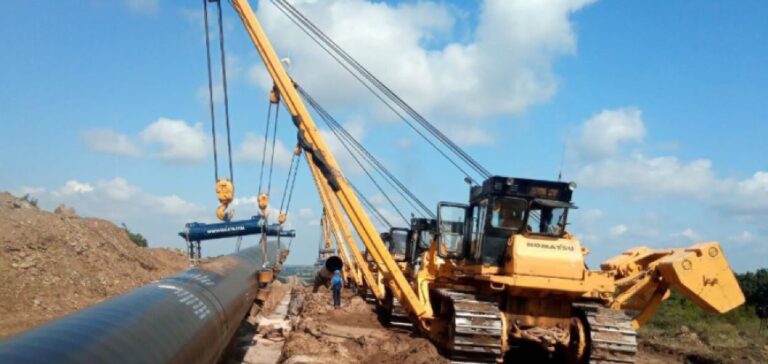Bulgarian Minister of Energy Zhecho Stankov confirmed the imminent start of the national gas grid expansion works, part of the regional initiative known as “The Vertical”. This gas corridor, connecting liquefied natural gas terminals in Greece to Central Europe, is intended to support distribution to Ukraine, Moldova, Hungary, and Slovakia. The project has gained strategic importance following the suspension of Russian gas transit through Ukraine, forcing Eastern European states to rapidly restructure their supply routes.
Public investment at the heart of energy strategy
The development of “The Vertical” relies on public funding and institutional cooperation between transit countries and network operators. Bulgaria is currently securing multiple agreements with its counterparts to ensure infrastructure interconnection, support gas flows, and anticipate rising demand. The project aims to secure supply flows by reinforcing existing capacity and developing new transit links.
In addition to its gas-related purpose, “The Vertical” is also expected to integrate additional energy vectors such as electricity and renewables, to support broader regional interconnection. It is embedded within a structural transformation of the European energy network, linking Central Asian and Caucasus resources with high-demand markets across the continent.
An investment-driven response to geopolitical challenges
The initiative is designed as a resilience mechanism in the face of geopolitical uncertainty, as well as a modernisation tool for participating states. By establishing new export corridors, it supports the emergence of a regional energy framework based on market integration, capital attraction, and logistical optimisation. The Bulgarian extension, the starting point of this effort, is financed through a public cooperation framework among the participating EU member states.
“The Vertical” could become a model for future transregional projects with strong public investment components, combining energy security and investment efficiency. Its realisation will require sustained coordination between national authorities, European institutions, and technical operators to ensure adaptability and long-term viability.






















